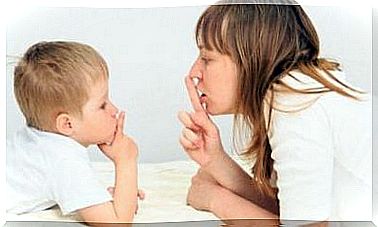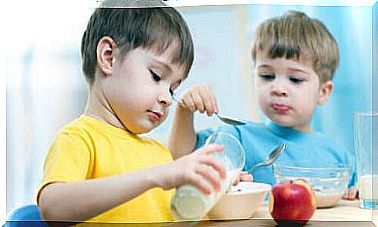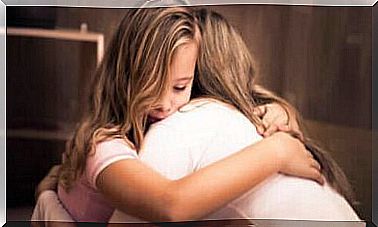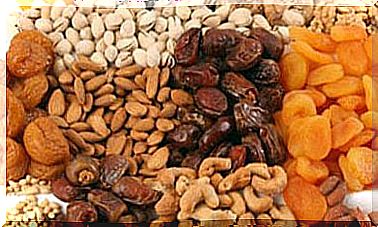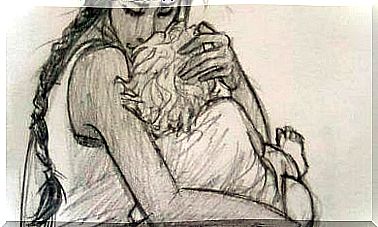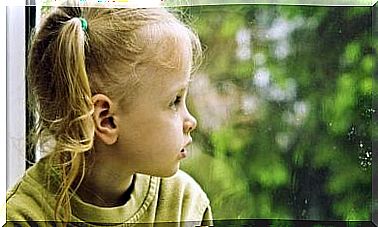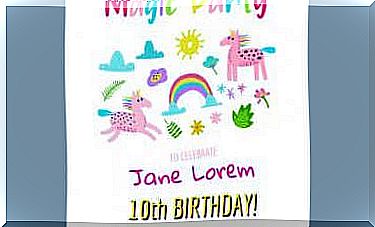Vomiting And Phlegm: What To Do To Avoid It? – Being Parents
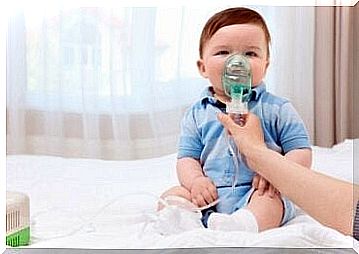
In children, vomiting and phlegm can have different causes and meanings. There is a varied list of possible triggers for this alert body symptom.
Depending on the age of the sick child, each family will look for ways to cope with the situation. Sometimes these may be transient symptoms. However, in some cases it is essential to see your pediatrician.
In the case of babies, regurgitation is a common occurrence. It is the spontaneous and natural process by which a small amount of milk comes out of the mouth.
Vomiting, on the other hand, requires effort from the body and consists of the sudden expulsion of stomach contents. There is a specific area of the brain that triggers vomiting when infected or poisoned.
How to recognize the types of vomiting and phlegm in each case
It is necessary to recognize the type of vomiting in question in order to determine what action to take at this time. In this regard, we can distinguish two groups :
- Organic vomiting : it appears in case of illness or physical damage. They are usually accompanied by a greater number of symptoms such as diarrhea, upset stomach, malaise or fever. In these cases, a visit to the doctor should be made as soon as possible; if there has been only one episode of symptomless vomiting, the child should be kept for observation.
In practice, it is always better for your pediatrician to know what happened and add it to the child’s medical file to consider it in subsequent pathologies.
- Functional vomiting : it occurs mostly in babies under one year old, naturally and without cause or symptom of disease. As functional vomiting can occur several times during the first months of life, the pediatrician will monitor the baby’s weight, growth and general condition.
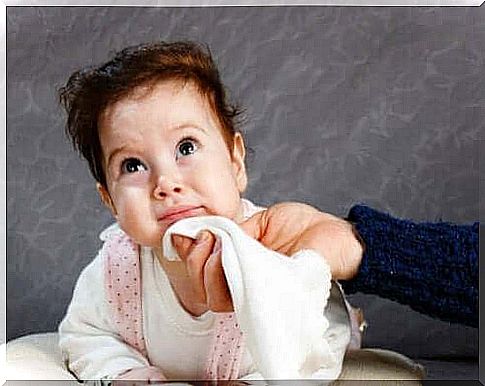
Possible causes and treatment of vomiting and phlegm in children
In infants, too much food or milk can quickly cause vomiting. So the problem before her first year is not so much the vomiting, but the fear that the baby will choke on it.
Whenever it comes to exclusive breastfeeding, the only way to avoid vomiting is to keep the baby seated after each feed so that he can digest the milk.
On the other hand, gastroenteritis is one of the typical illnesses that cause vomiting and phlegm in children. It is caused by a virus which is generally identified as a rotavirus; its symptoms include diarrhea, high fever, and bad mood.
In the event of vomiting due to gastroenteritis, care should be taken when administering fluids. Although rehydration is essential in these cases, suddenly drinking lots of water or fluids will only cause more and more vomiting. The best liquid to drink is water.
Never try to rehydrate children with sports drinks, as they contain excess sodium. As for rehydration drinks sold in pharmacies, it is advisable that they be prescribed and recommended by the pediatrician himself.
As for food, the child with gastroenteritis will rarely be hungry, so it is better for him to eat a variety of dishes, even in small quantities. Under no circumstances should they be forced to eat ; on the contrary, space must be left between meals for the digestive system to function.
The origin of stomach pain
What can a child with an upset stomach eat? In principle, the ideal is a gentle diet, always healthy ; it is very important to recover the nutrients expelled by diarrhea and vomiting.
Another cause of vomiting and phlegm in babies is cough and mucus. So when the airways are blocked, the little ones can feel nauseous and even vomit.
In a daily scan, the discomfort with cough and mucus occurs mostly in the morning, after the mucus builds up overnight. In all cases, the origin of the symptoms must be sought.
Finally, remember that regardless of the type of mucus, it is always essential to hydrate infants and children. For effective control, if there is little regurgitation, dry mouth, little urine or no tears when crying, the problem may lie in a state of dehydration.
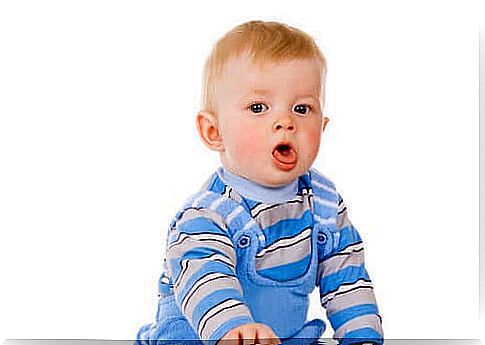
Is it possible to prevent vomiting and phlegm?
In practice, vomiting and phlegm is often the result of some illness in children, such as gastroenteritis virus, rum, cough or fever, etc.
What can be done to prevent and avoid vomiting and phlegm? Since these are symptoms of a pathology or disease, they are difficult to prevent, and therefore it is best to seek appropriate treatment.
The situation is different when the child has a habit of throwing up to get something he wants, or just to “get our attention”. In these cases, the solution should not be to ignore him, but to investigate and find out what is making him sick and what he wants to tell us by his attitude.
